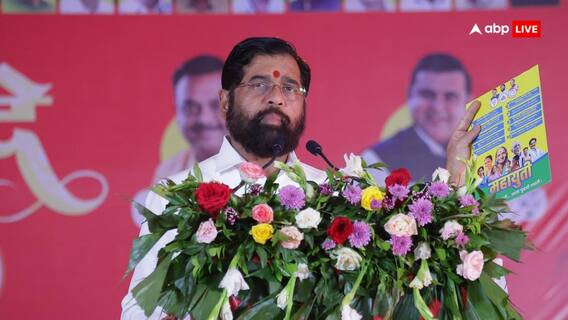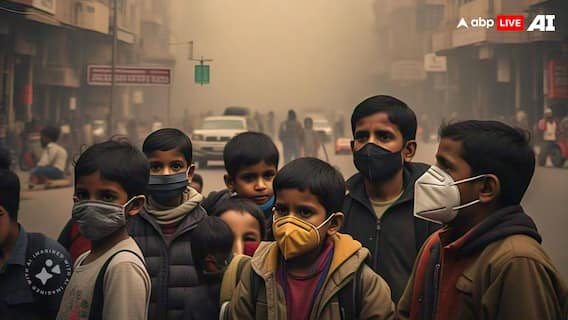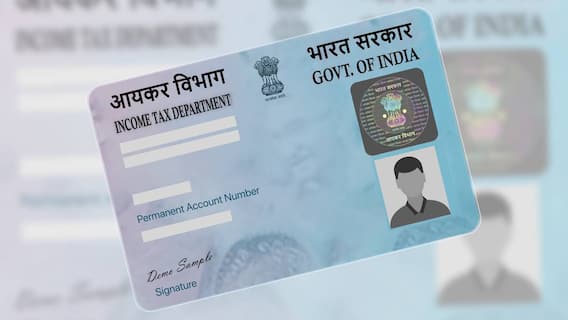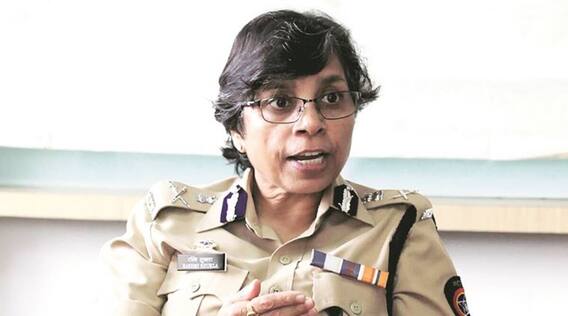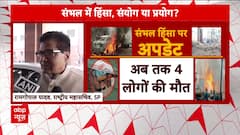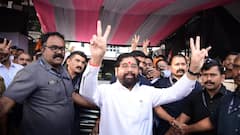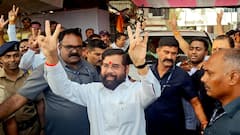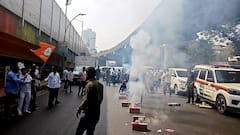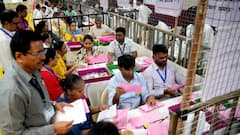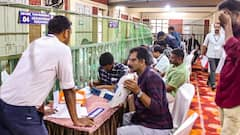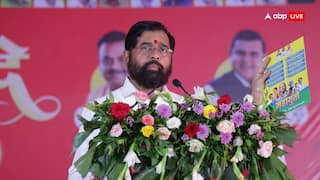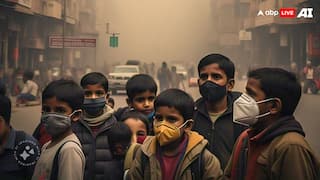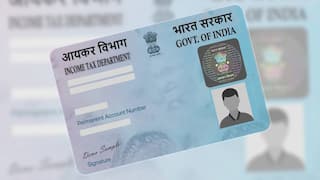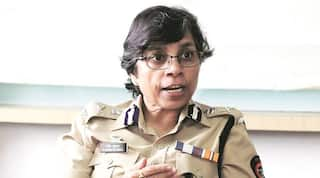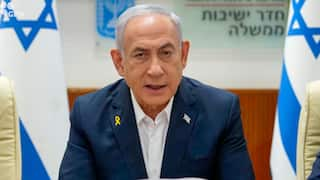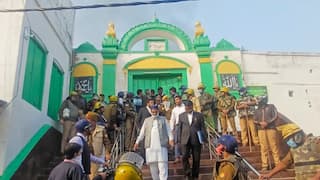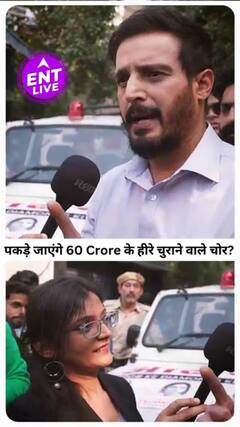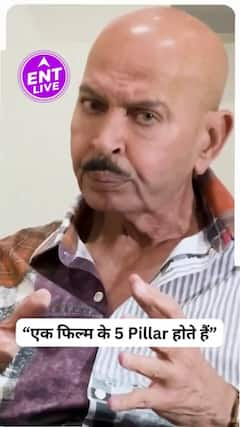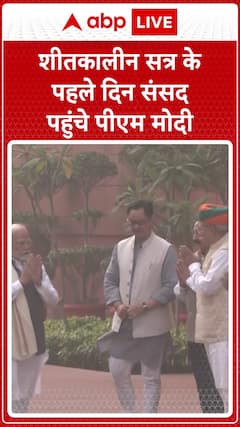Explorer
Advertisement
Gopalkrishna Gandhi: The man who outgrew Mahatma Gandhi's shadow

Gopalkrishna Gandhi was born on April 22, 1945, to Mahatma Gandhi's son Devdas, and Lakshmi, daughter of C. Rajagopalachari, the last Governor-General of India. Photo: PTI
NEW DELHI: Mahatma Gandhi's shadow is a difficult one to step out of. But his grandson Gopalkrishna Devdas Gandhi - the opposition's nominee for the vice president's post - has done just that. The weight of the surname notwithstanding, the former bureaucrat and diplomat has sought to emerge in recent times not as the Mahatma's grandson, but as the nation's conscience keeper.
It was not his lineage - his paternal grandfather was the Mahatma and maternal grandfather was India's last governor- general C. Rajagopalachari - that would have prompted the opposition to zero in on Gandhi as its VP nominee, though that, too, is a potential vote-puller.
What mattered was that the 71-year-old former ambassador and secretary to President K R Narayanan is largely seen and admired as an independent thinker.
That is best demonstrated by the fact that in the opposition bloc supporting Gandhi are the Left parties, which were bitterly critical of him when he was the governor of West Bengal from 2004 to 2009.
As Governor, Gandhi spoke his mind on the farmers' agitation that earned the ire of the then Left government. Now both Left parties and Trinamool Congress are supporting his candidature, reflecting his ability to effectively deal with contentious issues and draw cross-party support.
Gopalkrishna Gandhi was born on April 22, 1945, to Mahatma Gandhi's son Devdas, and Lakshmi, daughter of C. Rajagopalachari, the last Governor-General of India. He graduated with a Master's degree in Literature from St. Stephen's College in Delhi.
Gandhi joined the Indian Administrative Service (IAS) in 1968 as a Tamil Nadu cadre officer and is credited with preparing the first district gazetteer for Pudukkottai.
He worked among the tea plantation labourers of Indian origin in Sri Lanka as First Secretary in Indian High Commission's Kandy office.
He was Secretary to the Vice President of India (1985-87) and Joint Secretary to the President of India (1987-1992).
In 1992, he took voluntary retirement from the Indian Administrative Service (IAS) and was appointed the Director of the Nehru Centre at the High Commission of India, London.
In 1996, he was appointed High Commissioner for India in South Africa and Lesotho.
Gandhi was also Secretary to then President K.R. Narayanan.
He was appointed the High Commissioner for India in Sri Lanka in 2000. In 2002, he was made Ambassador of India to Norway and Iceland.
Gandhi at present is working as Professor of Political Science, History and Indian Civilizations at the Ashoka University, Sonepat (Haryana).
After Narendra Modi led the Bharatiya Janata Party (BJP) to victory in the 2014 Lok Sabha elections and had not yet taken oath as Prime Minister, Gandhi wrote to him an open letter, in which he greeted Modi but also said he was not one of those who wanted to see the BJP leader reach the high office.
He regularly wrote on issues stressing the need for the country to keep up secular values.
Gandhi has authored a novel "Saranam" (English version "Refuge") and a play in verse "Dara Shikoh".
His other books include "Gandhi and South Africa" and "Koi Acchha Sa Ladka" (translation into Hindustani of Vikram Seth's novel 'A Suitable Boy'). He has also edited "The Essential Writings" of Mahatma Gandhi for Oxford University Press.
He and wife Tara Gandhi have two daughters.
Fond of Carnatic classical and popular Hindi music, the soft-spoken and mild-mannered retired bureaucrat, whose editor father Devdas was the Mahatma's youngest son, studied at Delhi's Modern School and graduated in English from St Stephen's College.
Gandhi had almost emerged as the Opposition's Presidential candidate choice but the NDA's nomination of Ramnath Kovind, a Dalit, had forced the joint front of the Congress-led parties to field another prominent Dalit face, Meira Kumar.
Even in the VP elections, the numbers may be loaded in the government's favour. But by fielding Gandhi, the opposition has attempted to put up a show of ideological unity, and Gandhi -- a trenchant critic of ideological forces driving the Modi government -- fits the bill.
A prolific writer - he has penned several volumes on Gandhi, a play in verse on Dara Shukoh and a Hindi translation of Vikram Seth's A Suitable Boy - Gandhi has also been a columnist in newspapers.
In his columns, Gandhi has never shied away from taking positions on contentious issues -- from religious intolerance and cow vigilantism to free speech and even the BJP-led Centre's perceived bias towards the United States or Israel.
Follow Breaking News on ABP Live for more latest stories and trending topics. Watch breaking news and top headlines online on ABP News LIVE TV
View More
Advertisement
IPL Auction 2025
Advertisement
Advertisement
Top Headlines
Election 2024
Education
Business
Cities
Advertisement
Trending News


Sagarneel SinhaSagarneel Sinha
Opinion





